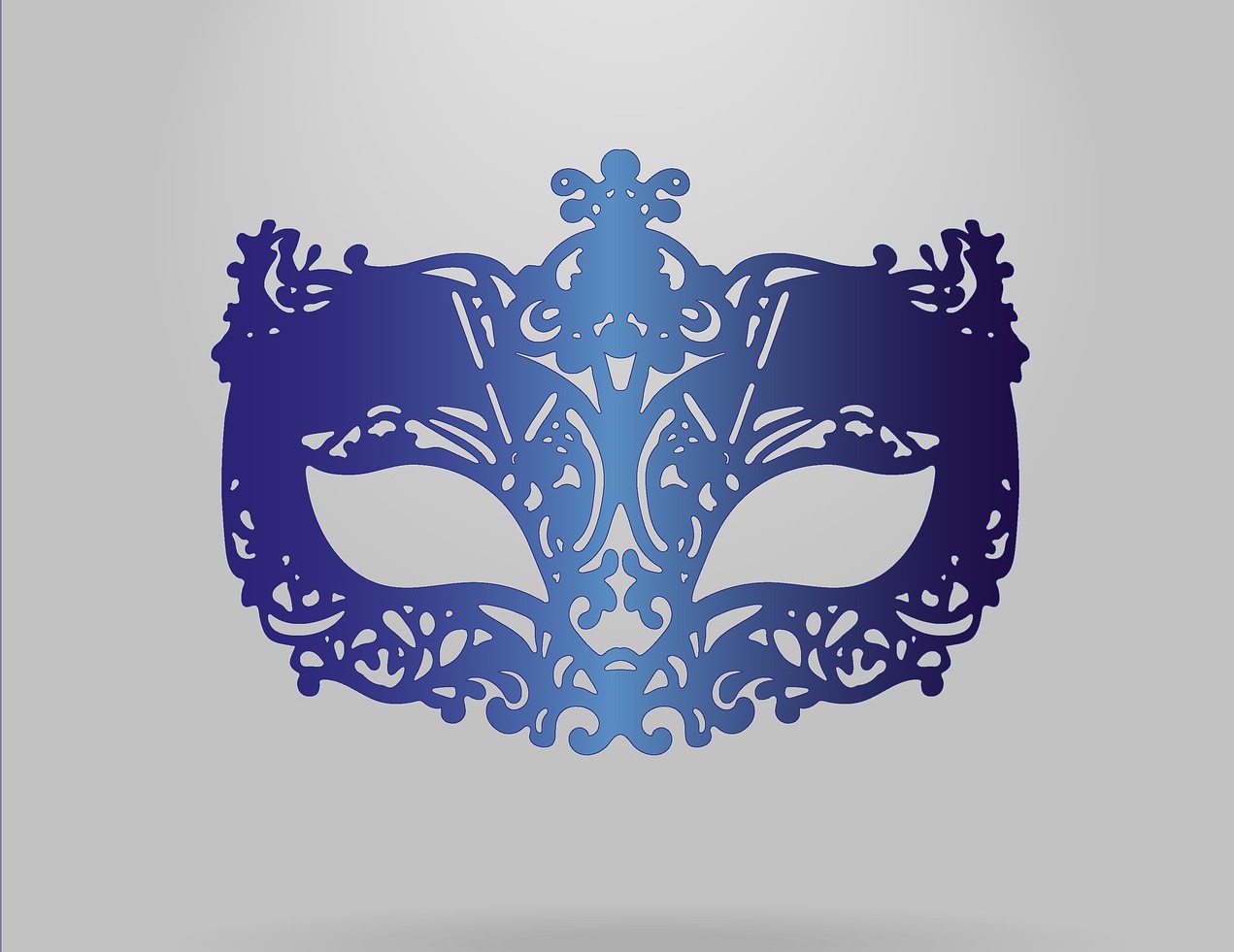As I strolled down Pico Boulevard on my second day back in America, I was struck by the friendliness of all the security guards I passed while en route to my destination. It took me a while to realize that I had never been privy to that particular form of friendliness in my neighborhood because it hadn’t existed in the past.
In January 2020 I returned to Los Angeles after spending 6 months living and working in Israel. The city I was raised in had experienced a subtle, but dramatic shift. Like the synagogues and Jewish museums of Europe, the streets of Los Angeles were suddenly lined with security guards on Shabbat. Hired protection became the norm overnight. Schools, congregations and community centers were on the defense. Jewish life went on with a newfound understanding of what is means to be Jewish in the face of anti-Semitism.
As I face the new reality of Jewish life in America, I’ve realized there is something chilling about identifying as a member of a persecuted group but not being an obvious target. From white-passing African Americans to Aryan-looking Jews, recent history is full of examples of people being overlooked and even befriended by bigots while being part of the group they hate so much. Yet I never realized that I fell into such a category.
As a Jew of African-American, Native-American, European and Jewish descent, people don’t usually assume I am Jewish at first glance. I have never experienced random acts of anti-Semitism in the same way I have experienced anti-black sentiments. Yet, I’ve watched anti-Semitic rhetoric and attacks wreak havoc on the country I love so much and have wondered what protects me.
I am privileged in a way that shouldn’t exist. In America, in 2020, my African features protect me from my Jewish heritage. My name is Hebrew, yet people don’t realize I am. My dress is modest, yet I blend in a way that none of my friends ever will. I am Jewish and proud, but unless I announce that, I am safe from the abuses many of my Jewish peers are victim to.
In the face of anti-Semitism, I see my Jewish identity as a choice I have to make every single day. I can easily fade into society. Or, I can stand out. I can choose to identify as Jewish no matter what comes my way. I can break stereotypes and fight for what I believe in. I don’t have to be Jewish because that’s what society imposes on me. I have a choice. I choose to be me.

